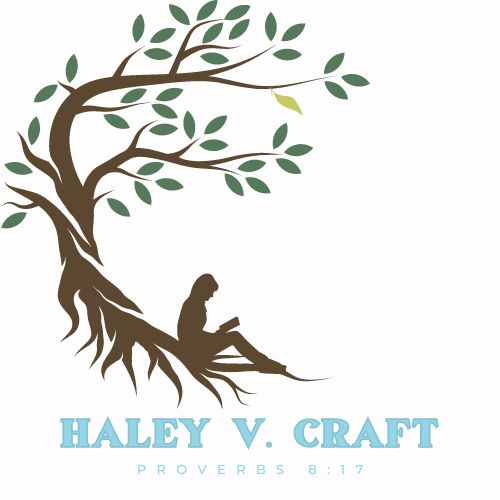How can I give you up, O Ephraim? How can I surrender you, O Israel? How can I make you like Admah? How can I treat you like Zeboiim? My heart is turned over within Me, all My compassions are kindled. I will not execute My fierce anger; I will not destroy Ephraim again. For I am God and not man, the Holy One in your midst, and I will not come in wrath. They will walk after the LORD, He will roar like a lion; Indeed He will roar and His sons will come trembling from the west. They will come trembling like birds from Egypt and like doves from the land of Assyria; and I will settle them in their houses, declares the LORD.
—Hosea 11:8-11
Lions are pretty scary animals. They hold the power to destroy at a level that few others can match. It’s no wonder they are often considered the king of beasts and are widely feared. So why on earth did the same God who chose the image of the lamb to represent His son also choose to represent Himself using the image of a lion?
It seems like a contradiction. Lambs are gentle and meek—everything a lion seems not to be, but there are several places in Scripture when God is referred to as a lion. There’s the passage in Genesis 49 when Jacob prophecies over his son Judah that a lion will come from Judah who will rule, pointing to Jesus’s rule. There’s the passage in Revelation 5 in which the prophesied Lion of Judah has been declared victorious and is worthy to open the scroll with seven seals.
And then there’s Hosea 11. Hosea 11 is unique in that it seems to refer to God the Father rather than Jesus Christ the Son and it also is the only passage of the three that is not wrapped up in end times prophecy. Instead, this chapter is a prophecy, and in some ways a promise, of how God will deal with His unfaithful people within their lifetimes.
The verses we’re focusing on today are sandwiched in the middle of a chapter about how the people God has faithfully pursued have abandoned their covenant with Him. Verses 1-7—people are sacrificing to idols and the people are determined to turn their backs on God. Verse 12— “Ephraim surrounds Me with lies and the house of Israel with deceit; Judah is also unruly against God, Even against the Holy One who is faithful.”
And right in the middle of this horrible betrayal by the people of God, the Almighty is moved to compassion for His people.
It’s a lament that anyone who has faced the possibility of losing a loved one can understand—how am I going to keep going without you? But it wasn’t an ordinary person who was asking that question. It was God, and He was asking that question about His chosen people who had rebelled against Him.
That’s amazing to me. God loved His knuckleheaded people so much that He asked Himself how He was going to live without them even after they rejected Him.
But it doesn’t stop there. In response to His own questioning, God is moved to compassion for His people and uses covenant language to promise Himself and His people (who very much do not deserve this mercy) that He will not destroy Israel as He did Admah and Zeboiim.
Those are probably strange names to us, but the names of their sister cities are not—Sodom and Gomorrah. All four cities were destroyed by God for their evil ways, and here God is deciding out of His own goodness and mercy to spare His rebellious people the same fate.
In the very next verse, God declares that “He will roar like a lion.” Seems a strange pairing. The other main reference we have to lions in the Bible (aside from the prophecies about Jesus in Genesis and Revelation) is the reference to the devil as a lion who prowls around looking for those he can devour. So why would God choose an image that is also applied to the destroyer here when He just declared that He will not destroy Israel?
Because a lion’s roar has two purposes. The first purpose is territorial. Lions who have found a pride and a territory roar to protect their pride from outsiders seeking to steal his place. The second purpose is to call together members of the pride who are far away, which is exactly what we see happen in verses 10-11.
God’s roar is not the roar of a hungry lion looking for opportunities to destroy; it’s the signal to come home to His protection and His providence so that He can settle us in a new home with Him.
What a good God we have! Everything He does for us, He does in love and kindness. Even when He has to call us back because we’ve wandered.






0 Comments